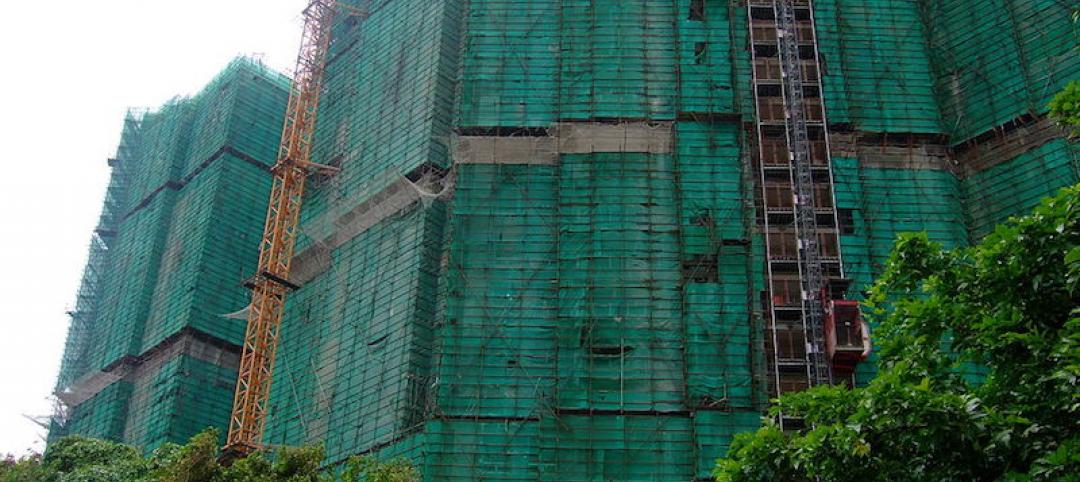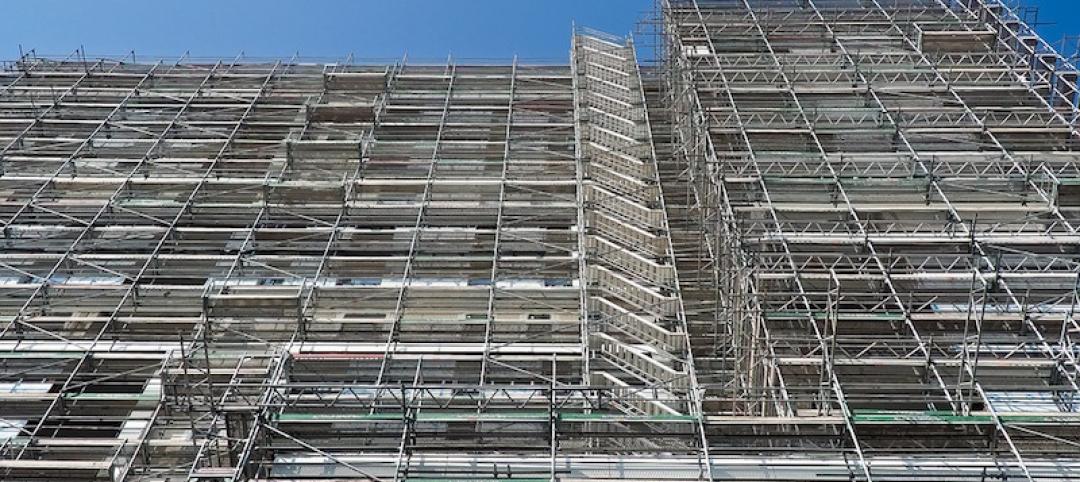Commercial property owners should commit to greenhouse gas (GHG) reduction—a strategy that reaps financial benefits and prevents buildings from becoming stranded assets, according to an energy efficiency consultant writing in GlobeSt.
A systematic drive to reduce emissions across the portfolio will garner savings on energy and water, as well as on levies for exceeding carbon emissions standards enacted by local governments. Decarbonization can avoid “stranded assets … properties that will be exposed to the risk of early economic obsolescence due to climate change because they will not meet future regulatory efficiency standards or market expectations.”
The first step is to set minimum standards for the entire portfolio and efficiency goals for individual properties. Portfolio standards could be performance based (e.g., 10% reduction of all assets by 2030), or prescriptive based (e.g., 100% LED lighting at all assets by 2025).
An energy and water audit, a comprehensive analysis of the property’s energy and water consumption using the ASHRAE Energy Audit Standards, should be conducted at each site. The audit measures energy and water usage, identifies property conditions that may cause excessive use, and provides efficiency measures to improve energy and water efficiency.
Other GHG reduction measures include building automation and controls, retro-commissioning, sourcing green energy from utilities, fully electrifying buildings, and integrating renewable energy systems into the property.
Related Stories
Codes and Standards | Jul 12, 2017
New International Building Code allows weather-resistive barriers above 40 feet
Danger of propagating flames now deemed negligible.
Codes and Standards | Jul 10, 2017
New mass plywood panel project moves ahead with federal grant
New material is substitute for concrete and steel in multi-story projects.
Codes and Standards | Jul 6, 2017
Trump ups ante on apprenticeships, gives private sector more room to design them
Initiative aimed at alleviating construction industry worker shortage.
Codes and Standards | Jul 6, 2017
Flawed modeling to blame for green buildings failure to live up to hype on energy efficiency
Explains energy performance gap from expected savings to actual savings.
Codes and Standards | Jul 5, 2017
Research study examines tall timber buildings worldwide
Industry group developing criteria for categorizing wide range of construction approaches to tall timber buildings.
Codes and Standards | Jun 30, 2017
AAMA releases new document on aluminum fenestration and energy efficiency
The free download addresses entrances, storefront framing, curtain walls, windows and skylight fenestration systems.
Codes and Standards | Jun 29, 2017
Fire codes prevent cladding used on Grenfell Tower from being used in U.S.
Reports suggest an extra $6,300 for fire-resistant cladding could have prevented the tragedy.
Codes and Standards | Jun 28, 2017
Minimum Design Loads and Associated Criteria for Buildings and Other Structures, Standards ASCE/SEI 7-16, has been updated
The document is used for determining design loads including dead, live, soil, flood, tsunami, snow, rain, atmospheric ice, earthquake, wind, and fire.
Codes and Standards | Jun 27, 2017
Cold-formed steel framing engineering guide for building projects released
Better sound attenuation for subfloors and exterior continuous insulation are among the matters addressed.
Codes and Standards | Jun 26, 2017
L.A.’s new ordinance requires energy and water efficiency benchmarking
Structures 20,000 sf and larger must demonstrate steps to boost efficiency.

















